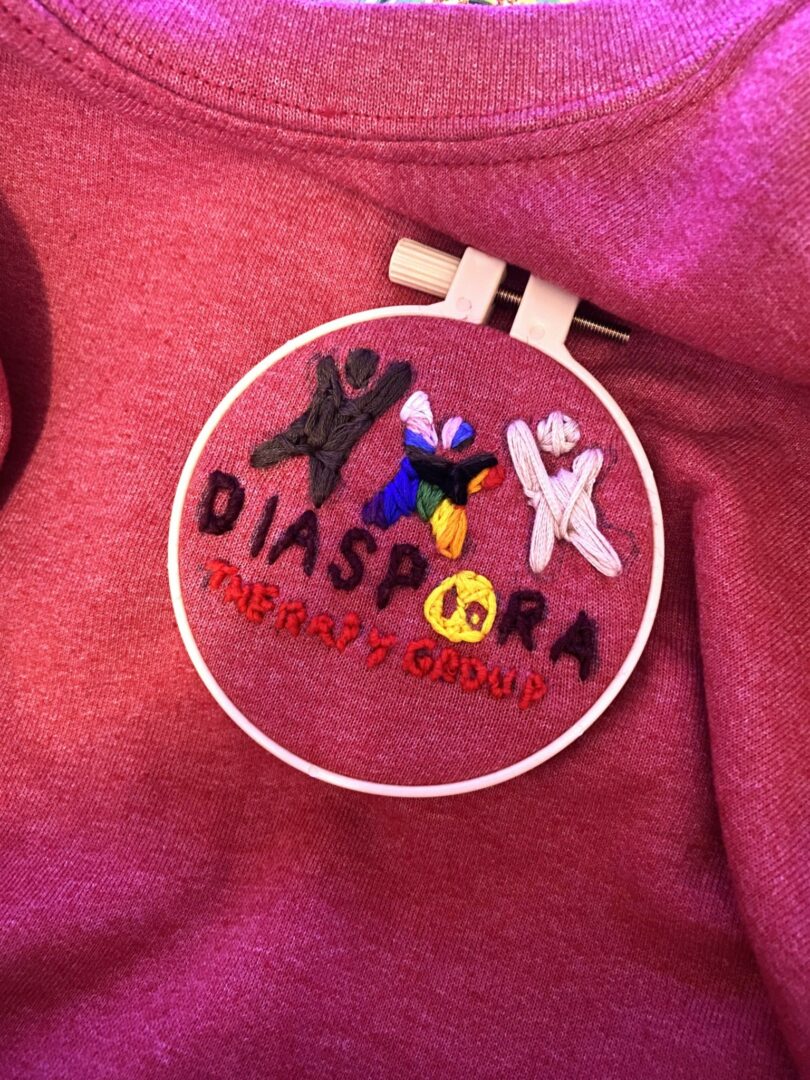Alright – so today we’ve got the honor of introducing you to Rup Duhra. We think you’ll enjoy our conversation, we’ve shared it below.
Rup, thanks so much for taking the time to share your insights and lessons with us today. We’re particularly interested in hearing about how you became such a resilient person. Where do you get your resilience from?
I get my resilience from my parents and their immigration story. They came to Canada at a young age, barely knowing the language, and built a life for themselves through sheer determination and hard work. Watching them navigate the challenges of being immigrants in a rural, working-class community taught me the value of perseverance, adaptability, and self-advocacy. Their journey inspired my commitment to ensuring that others—especially those from marginalized backgrounds—have access to the support and resources they need to thrive.
My resilience is also fueled by the work I do. Seeing the impact of culturally competent, trauma-informed mental health care in the lives of our clients at Diaspora Therapy Group reminds me why this work matters. I know firsthand the strength it takes to navigate complex cultural landscapes, and I am committed to creating spaces where people feel seen, validated, and supported.
Ultimately, resilience for me is about community—both the one I was raised in and the one I’m helping to build. It’s about carrying forward my parents’ legacy of perseverance while working to create a future where mental health care is accessible, affirming, and inclusive for all.

Great, so let’s take a few minutes and cover your story. What should folks know about you and what you do?
I am the co-founder and business manager of Diaspora Therapy Group, a practice dedicated to providing trauma-informed, culturally competent mental health care to diverse communities. What makes our work special is our commitment to creating an affirming space where clients—especially those from marginalized backgrounds—can feel truly seen and understood. We don’t just offer therapy; we recognize the systemic barriers that impact mental health and integrate social justice, cultural humility, and gender affirmation into every aspect of our practice.
What excites me most is seeing the impact of this work—not just in the lives of our clients, but in the clinicians we support. Many therapists struggle to find workplaces that align with their values, and at Diaspora Therapy Group, we’ve built a practice where therapists can show up as their full selves, free from the constraints of traditional models that often overlook cultural context.
In terms of what’s new, we’re continuously expanding our consultation services to help other small private therapy practices operate more efficiently while staying true to their mission. We’re also working on increasing access to care through telehealth in California, Washington and Arizona, ensuring that clients who might not have local access to culturally competent therapy can still receive support.
Looking back, what do you think were the three qualities, skills, or areas of knowledge that were most impactful in your journey? What advice do you have for folks who are early in their journey in terms of how they can best develop or improve on these?
Three key areas that have been instrumental in my journey are:
Adaptability – Growing up as the child of Sikh Indian immigrants in rural Canada, I had to learn early on how to navigate different cultural and social expectations. That ability to adapt has been crucial in running a business, especially in the ever-changing landscape of mental health care. My advice for those early in their journey is to stay open to change—the most meaningful work often requires flexibility and a willingness to learn.
Community-Centered Leadership – Building Diaspora Therapy Group wasn’t just about creating a business; it was about creating a space where both clients and clinicians feel safe and valued. Whether you’re in business, therapy, or any other field, I believe the most meaningful success comes from centering people rather than profit. My advice? Prioritize relationships, listen deeply, and invest in the well-being of those around you—whether that’s your clients, team, or community.
Business and Operational Strategy – Many mental health professionals struggle with the business side of running a practice, which is where my background in business development has made a difference. Understanding how to structure and sustain a practice allows us to keep our doors open and serve more people in the long run. For those looking to develop in this area, I recommend seeking mentorship, taking courses in business management, and learning how to balance financial sustainability with mission-driven work. At the end of the day, success—whether in business, therapy, or any field—is about knowing your purpose and staying aligned with your values while continuously learning and growing.

One of our goals is to help like-minded folks with similar goals connect and so before we go we want to ask if you are looking to partner or collab with others – and if so, what would make the ideal collaborator or partner?
Yes! At Diaspora Therapy Group, we are always looking to collaborate with individuals and organizations who are committed to expanding access to culturally competent, trauma-informed mental health care.
We are particularly interested in partnering with:
Therapists and mental health professionals who share our values and are looking for a community-oriented, anti-oppressive practice to work with.
Educators and trainers who offer workshops on cultural humility, social justice in mental health, or innovative therapeutic modalities.
Community organizations and advocacy groups working to support BIPOC, LGBTQ+, immigrant, and first-generation communities.
Businesses or institutions looking for consultation on creating inclusive, supportive environments for their employees or clients.
Researchers and policy advocates focusing on mental health equity and systemic barriers to care.
If you’re interested in collaborating, we’d love to connect! You can reach out via our website or email, or follow Diaspora Therapy Group on social media to stay updated on opportunities to work together. Let’s build something impactful.
Contact Info:
- Website: https://www.diasporatherapygroup.com/
- Instagram: https://www.instagram.com/diasporatherapygroup/
- Facebook: https://www.facebook.com/DiasporaTherapy
- Linkedin: https://www.linkedin.com/company/74922297/admin/dashboard/
- Other: https://www.psychologytoday.com/us/therapists/kiley-dunne-lizama-carlsbad-ca/1351473

Image Credits
Diaspora Therapy Group embroidered image courtesy of Annissa Crow
Portrait shots are courtesy of Hanh Nguyen
so if you or someone you know deserves recognition please let us know here.




